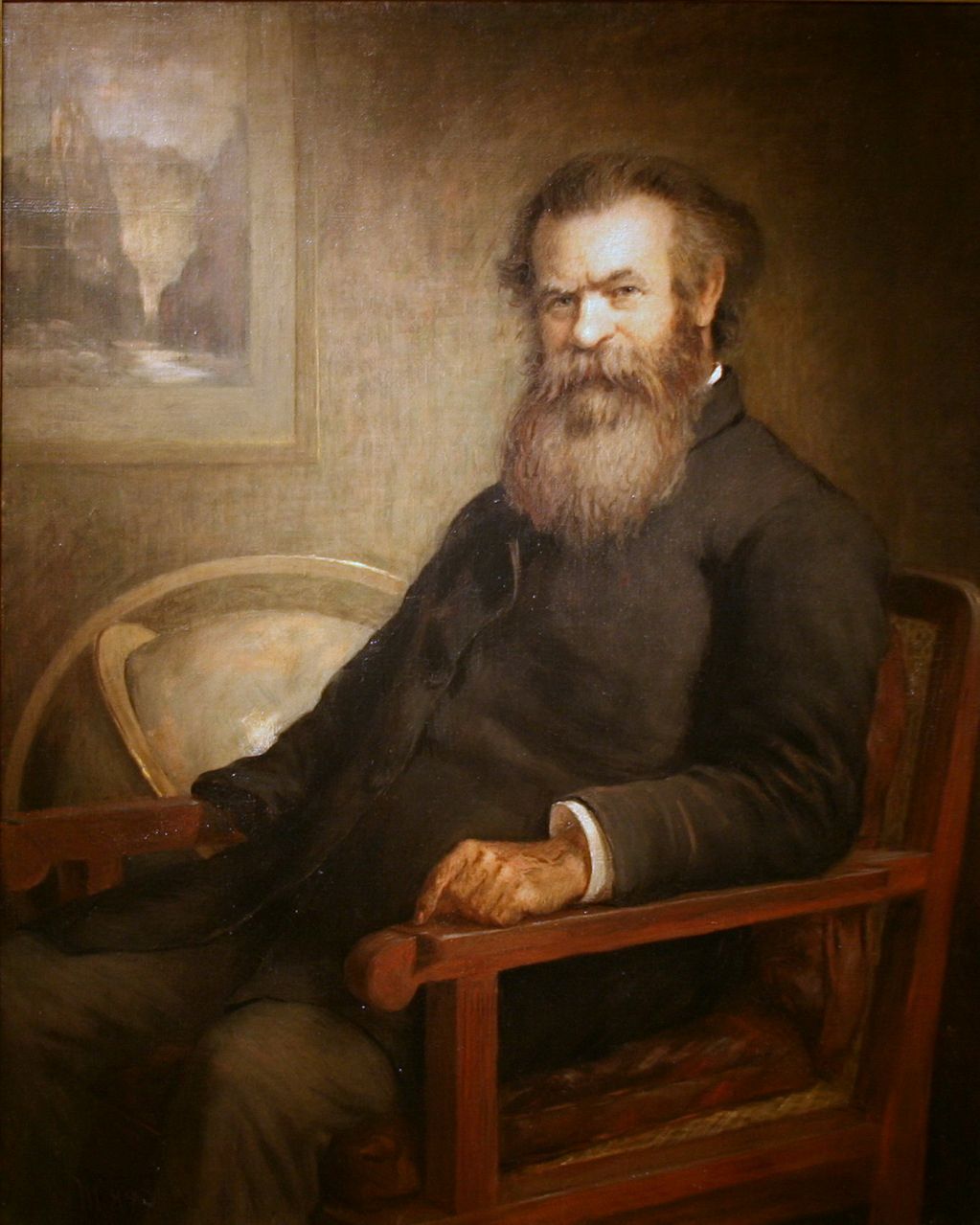IWU Magazine
Summer-Fall 2025 Issue Highlights
Meet our Alumni Award Winners John Camardella '03, Natalie Lalagos '12, and Carol Willis '68.
More issue highlights
175 Years of IWU
Send Us Your News
Illinois Wesleyan University Magazine wants to hear from alumni. Please share your news by using the forms listed below.
- General Alumni Updates (including address changes)
- Publications, performances, and exhibitions
- Marriage announcement
- Baby ("Tiny Titans") announcement
- Submit a digital photograph ("Titan Celebrations")
Previous issues
2025 | 2024 | 2023 | 2022 | 2021 | 2020 | 2019 | 2018 | 2017-2002
IWU Magazine staff: Chris Francis, Editor; Nick Munafo, Graphics Editor
Illinois Wesleyan University Magazine is published
by the Office of University Communications.
Content on this website copyright
of Illinois Wesleyan University.
